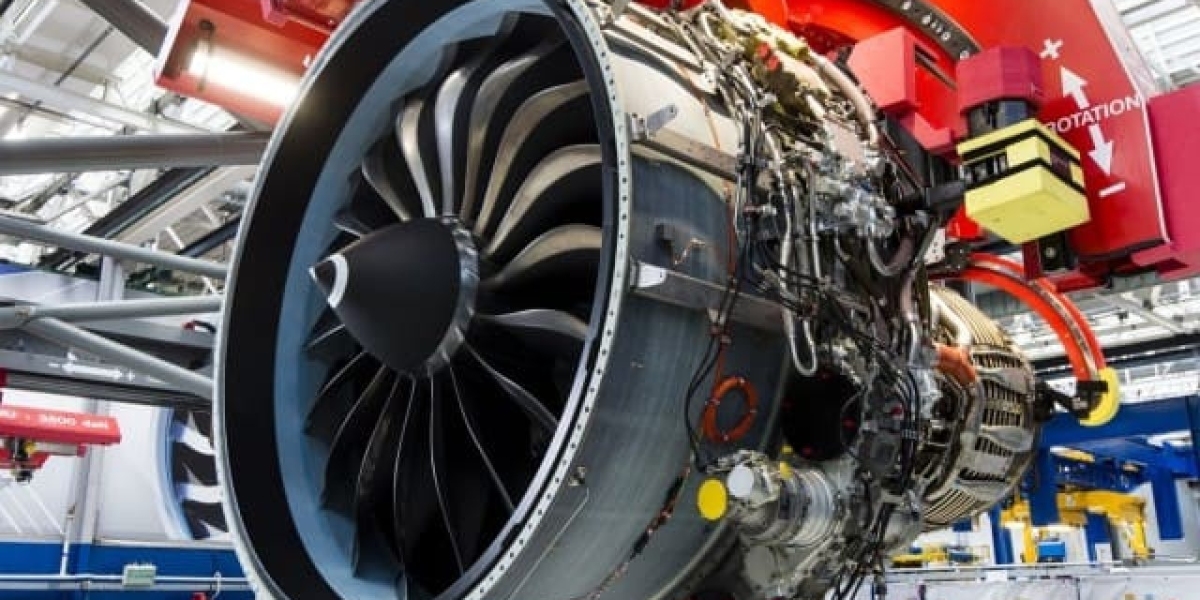The global automotive lighting market is anticipated to attain a valuation of US$ 37.1 billion in 2023 and is predicted to reach US$ 69 billion by 2033, trailing a CAGR of 6.4% during the forecast period.
Stringent lighting regulations have propelled developed countries to focus on the vehicle lighting industry in Europe and North America. Adequate vehicle lighting is crucial, particularly for travel on busy highways. Governments globally prioritize road safety, as highlighted by the World Health Organization (WHO), which reports 1.3 million annual fatalities from road traffic collisions. Many countries experience a 3% GDP loss due to road accidents. Therefore, enhancing driving conditions is essential, and improving the lighting system plays a significant role in achieving this goal.
Request a Sample of this Report:
https://www.futuremarketinsights.com/reports/sample/rep-gb-621
In 2011, the European Union has made it compulsory for all new motor vehicles to have daytime running lights (DRLs) in order to enhance road safety. DRLs are designed to improve the visibility of the vehicle for other road users rather than aiding the driver's vision. According to the U.S. Department of Transportation's National Highway Traffic Safety Administration (NHTSA), DRLs have resulted in a 13.8% reduction in fatal road accidents. Such regulatory measures are expected to significantly influence the growth of the global automotive lighting market.
The growing demand for automotive lighting is fuelled by the rising adoption of advanced lighting in vehicles. Leading original equipment manufacturers (OEMs) are prioritizing the development and integration of advanced lighting solutions to enhance both vehicle visibility and aesthetics. Notably, Hella GmbH is actively involved in the development and provision of cutting-edge automotive lighting systems. These lighting systems offer various functions, such as pedestrian communication, to ensure safety and meet customer expectations.
Key Takeaways
- North America automotive lighting market is expected to grow with a CAGR of 6% during the forecast period.
- The demand for automotive lighting in China is expected to grow with a CAGR of 6.3% during the forecast period.
- By vehicle type, passengers vehicle segment is projected to grow with a CAGR of 6.8% during the forecast period.
- Brazil is expected to grow with a significant CAGR of 5.8% throughout the forecast period.
“Rising adoption of advanced lightings in vehicles and development of cutting edge lighting by key players is expected to drive market growth during the forecast period,” comments an FMI analyst.
For more info: https://www.futuremarketinsights.com/reports/automotive-lighting-market
Competitive Landscape
The market for automotive lighting is highly competitive, with numerous prominent industry players making substantial investments in increasing their manufacturing capabilities.
The key industry players Koito Manufacturing Co. Ltd., Hella KGaA Hueck & Co., Stanley Electric Co., Valeo SA, Osram Licht AG, Magnetti Marelli, Varroc Group.
Some key developments in the automotive lighting market are:
- In May 2021, OSRAM Continental and REHAU formed a development partnership to integrate lighting into exterior components, offering automotive manufacturers creative lighting solutions with enhanced design flexibility and functionality.
- In January 2020, Hella introduced Hella FlatLight technologies, a ground-breaking lighting innovation for rear combination lamps.
- In July 2021, Samvardhana Motherson Automotive Systems Group BV (SMRPBV), a subsidiary of Motherson Group, entered into an MoU with Marelli Automotive Lighting to explore a technological partnership centered around smart illuminated exterior body parts.
- Valeo revealed their ground-breaking 360° lighting solution at the April 2021 Shanghai Auto Show. This technology envelops the vehicle in a light band, projecting clear and immediate signals that can be easily observed by nearby road users, particularly vulnerable individuals like cyclists, scooter riders, and pedestrians.









